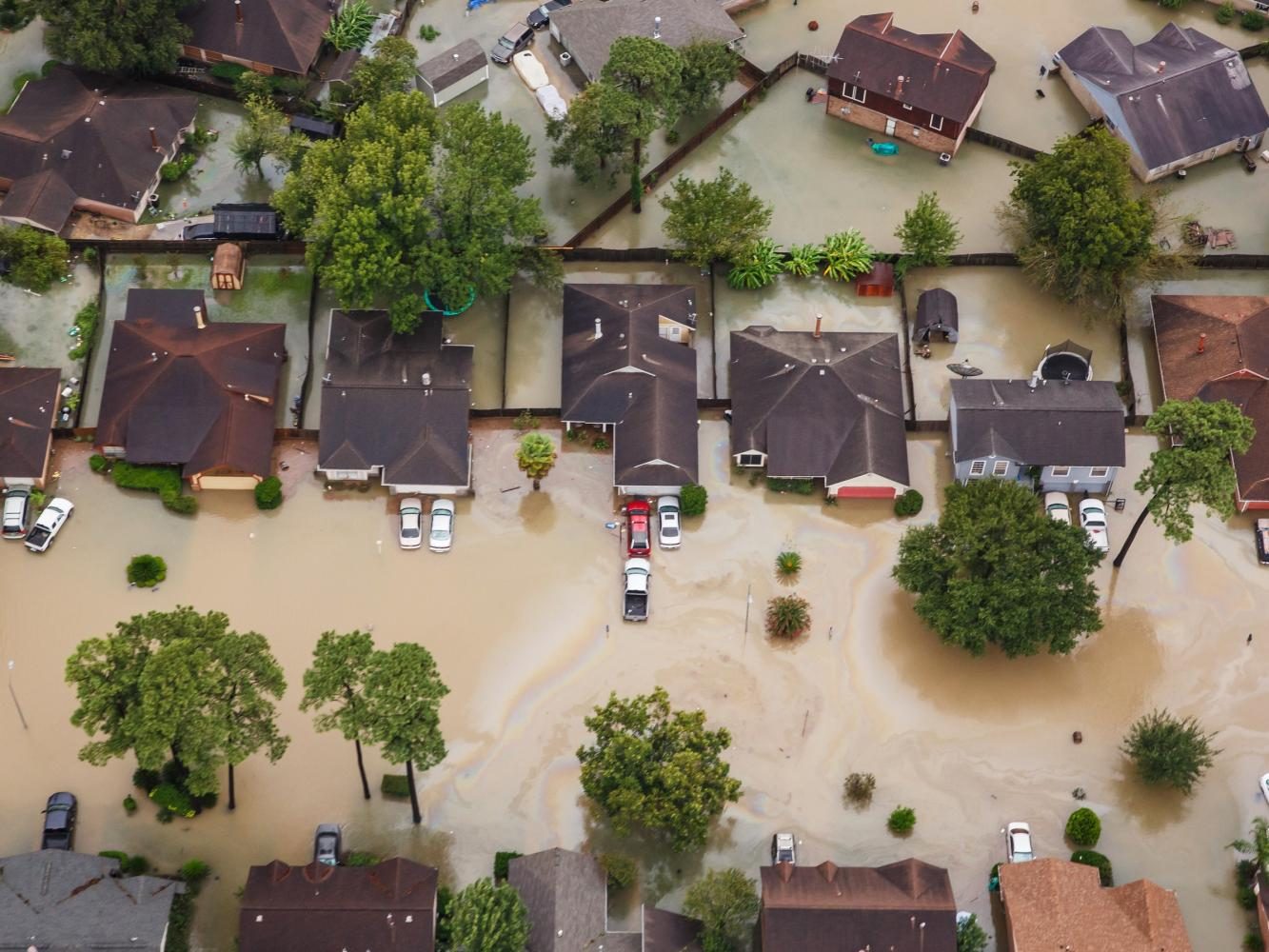COLUMN: Tropical storm Harvey ignites the climate change debate
September 12, 2017
Polling aggregation website FiveThirtyEight estimates that “Hurricane Harvey dumped an estimated 27 trillion gallons of water on Texas and Louisiana.” This is by far one of the worst natural disasters to hit the United States. Sadly, America’s fourth largest city, Houston, is in dire need of assistance due to incessant rise in the water level.
This city hosted thousands of homeless people when the deadly Hurricane Katrina struck in 2005. Twelve years later, Houstonians are seeking refuge as they face equally devastating damage to their homes, families and lives.
Globally, synonymous flooding around South Asia has resulted in the death of more than 1,200 people, according to the Guardian, and abnormal downpour of rain in Freetown, one of Africa’s coastal cities may have contributed to a mudslide that killed more than 500 people, according to experts.
One argument keeps juggling in our minds– climate change. Do these events prove our climate is changing? Is climate change a hoax, fiction or natural event? What can people across the globe do to minimize the effects of our changing climate?
“When discussing climate ‘change’ it is vital to understand that a single event (or even a single year) does not lead one to see how the climate is changing,” said Paul Sirvatka, a professor of earth science at College of DuPage. “Unfortunately, weather events such as Harvey, extreme events, are part of the way our weather/climate system works.
We had seen a record gap in major hurricanes hitting the U.S. after one of the worst years on record. And it was just a matter of time before we were due for a strong hurricane. That this is so devastating is a result of a lack of steering currents coinciding with warm Gulf water temperatures resulted in record rainfall. And it affected the fourth largest U.S. city. Pretty amazing events to say the least.”
This scientific perspective sides with the many lingering arguments about how Houston’s urban design severed the situation.
Avoiding the outright conclusion that Harvey’s extreme devastation is a result of climate change seems possible. In an extensive article written by CNN’s Thom Patterson titled “How Houston’s layout may have made its flooding worse,” he detailed other factors. In that article, Sam Brody, a professor and expert on urban and floodplain management at Texas A&M University, said: “Houston is not designed to handle this kind of rainfall.”
To a believer in climate change science, these points cannot take away the fact that rainfall was abnormal. In an update about the flood in Houston, the National Weather Service tweeted: “So much rain has fallen, we’ve had to update the color charts on our graphics in order to effectively map it.”
Whether happenings in Houston were natural, abnormal, or worsened by an unforeseen effect, this is exactly what climate change has pointed to–more rainfall than ever. As naïve one may be to the complex science behind our changing the climate, it is only expedient that our society takes tangible steps toward tackling the issue of climate change.
It is not a time for politics. Rescinding the Aug. 4 letter to the United Nations seeking America’s withdrawal from the Paris climate agreement would be a positive step in the right direction. If economic bias exasperated this decision, a crippling of the economy has resulted because of Harvey.
Society cannot spend its time arguing about the tragic experiments of a theory right before our eyes.




















